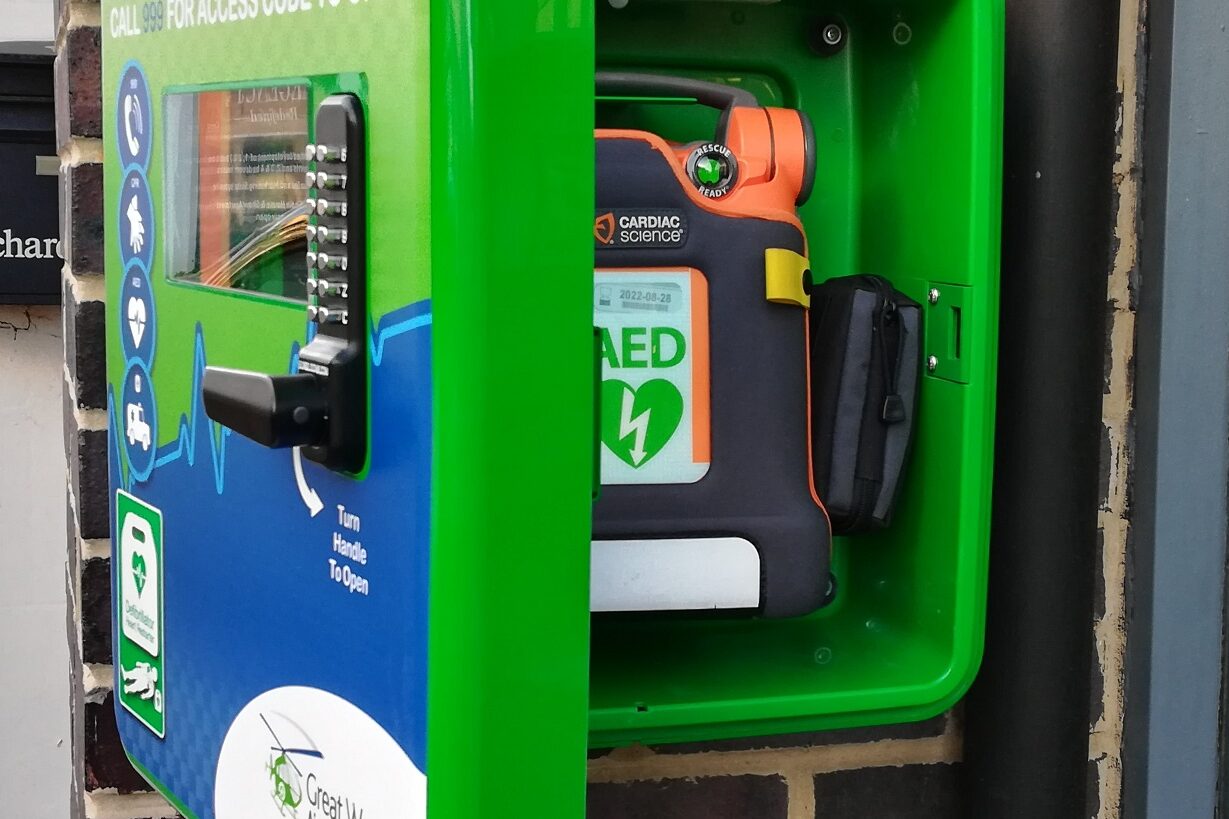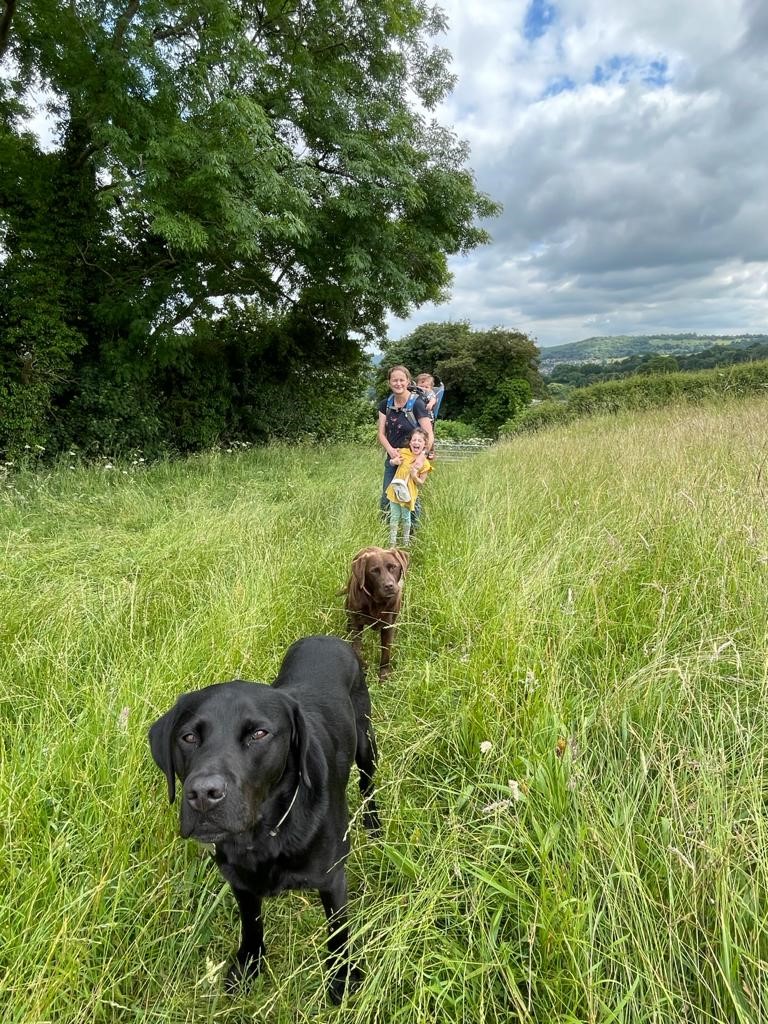
Teamwork Saves Steve’s Life
February 25, 2022
Helen’s Story
March 9, 2022Doctor McKinlay has been a Critical Care Doctor with Great Western Air Ambulance Charity since 2018. It’s no understatement to say she has brought with her a wealth of experience in pre-hospital trauma care.
Join us as we take a look at Doctor McKinlay’s career to date, what makes her a special life-saving doctor, and why she is an asset to the GWAAC crew.
A medic through and through
The medical profession is in the McKinlay genes. Doctor Jayne McKinlay comes from a family of medics and she can’t remember wanting to be anything else other than a doctor.
Doctor McKinlay said: “I decided around the age of eleven that I wanted to be a doctor and that was that.” This “stubbornness and dedication” stood Doctor McKinlay in good stead for a successful, but sometimes tough career in her chosen profession. We use the word ‘tough’ because Doctor McKinlay has always been drawn to the trauma side of pre-hospital care, including a twenty-one-year stint in the Royal Navy.
A military life
Doctor McKinlay describes her early days in the military as a wake-up call to the amount and types of casualties she was to face in the coming years.
Speaking of her time in Afghanistan, Doctor McKinlay said: “We trained hard to deal with the frequency and severity of injuries. We’d have frequent training exercises and a final, real-time simulated hospital exercise. This was excellent preparation for deploying and also allowed us to get to know some of the teams we were deploying with. It also helped cement in my head the benefits of simulation in preparing to manage difficult scenarios — something all PHEM services use frequently.”
Doctor McKinlay quickly learned how to manage and prioritise the investigation and treatment of multiple casualties. She and her team were often bombarded with more than one very sick person, which helped her develop her management skills.
Working in Afghanistan was fast-paced, and physically and emotionally tiring. It was also hard being away from close friends and family. But Doctor McKinlay says that being part of a close and supportive team was a brilliant coping mechanism. That, and some hard exercise and lots of chocolate.
When asked if she worked on the front line, Doctor McKinlay replied, “The front line is fairly blurred in modern conflict with current weapon system capabilities but I have been very privileged indeed to never feel in immediate danger, and have the greatest respect for those who have.”
However, Doctor McKinlay faced some hairy experiences. She remembers a lumpy flight in poor weather and being winched onto a flight deck of a large shipping vessel to evacuate a civilian in distress. She said, “The return trip was also pretty bumpy and I was always in awe of the pilots who manage to land on the flight deck perfectly despite the movement of the ship, sea, and wind.”
Skills for life
When asked to describe her best attribute, Doctor McKinlay said she is good at staying calm in a crisis. An attribute that may be innate, but also learned from her time spent in the military, in UK Emergency Departments, and in other pre-hospital settings across the UK.
The military also taught Doctor McKinlay how to deliver excellent patient care whilst in a highly performing team, and about stretching the envelopes of survivability and good patient outcome.
Doctor McKinlay’s military training means she finds it easy to adapt to new situations and working environments. She can slot into new teams, apply her knowledge, and bring her can-do attitude to current roles.
Why Doctor McKinlay loves working for GWAAC
The thing she loves the most about being a Critical Care Doctor for GWAAC is the team. Like the military, the GWAAC crew are a tight-knit, well-trained, and supportive team. Doctor McKinlay adds, “We’re always driving for better care.” For Doctor McKinlay, that’s a real motivator: “It’s easy to continue giving the same level of care and sticking to best practices, but at GWAAC, the fact that we also train others and contribute to prehospital research ensures the team ethos of striving for the very best.”
Sign up to our newsletter to keep abreast of how Doctors like Jayne McKinlay make a difference in your community.

"At GWAAC, the fact that we also train others and contribute to prehospital research ensures the team ethos of striving for the very best"




